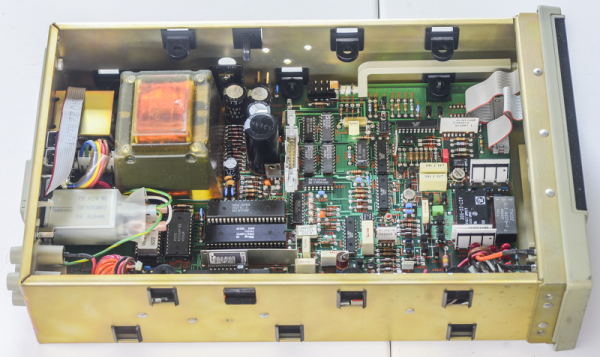If you do anything with electronics or electricity, it is a good bet you have a multimeter. Even the cheapest meter today would have been an incredible piece of lab gear not long ago and, often, meters today are lighter and have more features than the old Radio Shack meters we grew up with. But then there are bench meters. [Learn Electronics Repair] reviews an OWON XDM1241 meter, and you have to wonder if it is better than just a decent handheld device. Check out the video below and see what you think.
Some of the advantage of a bench meter is just convenience. They stay in one place and often have a bigger display than a handheld. Of course, these days, the bench meter isn’t much better than a handheld anyway. In fact, one version of this meter even has a battery, if you want to carry it around.












